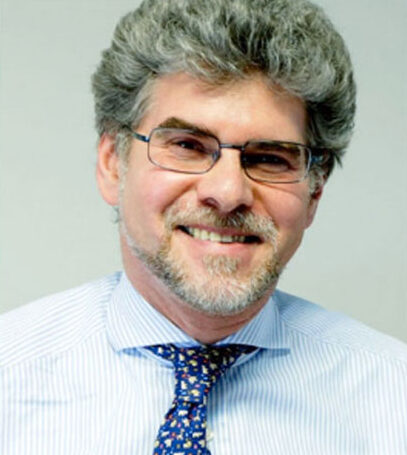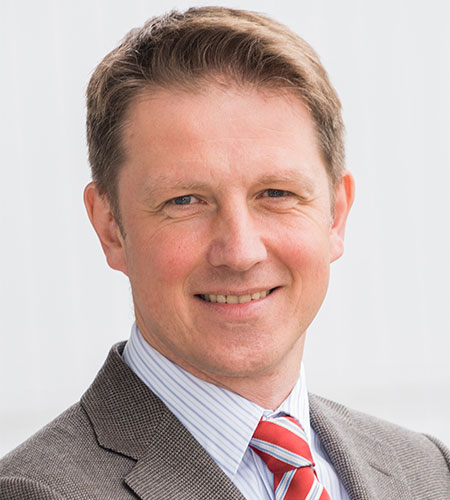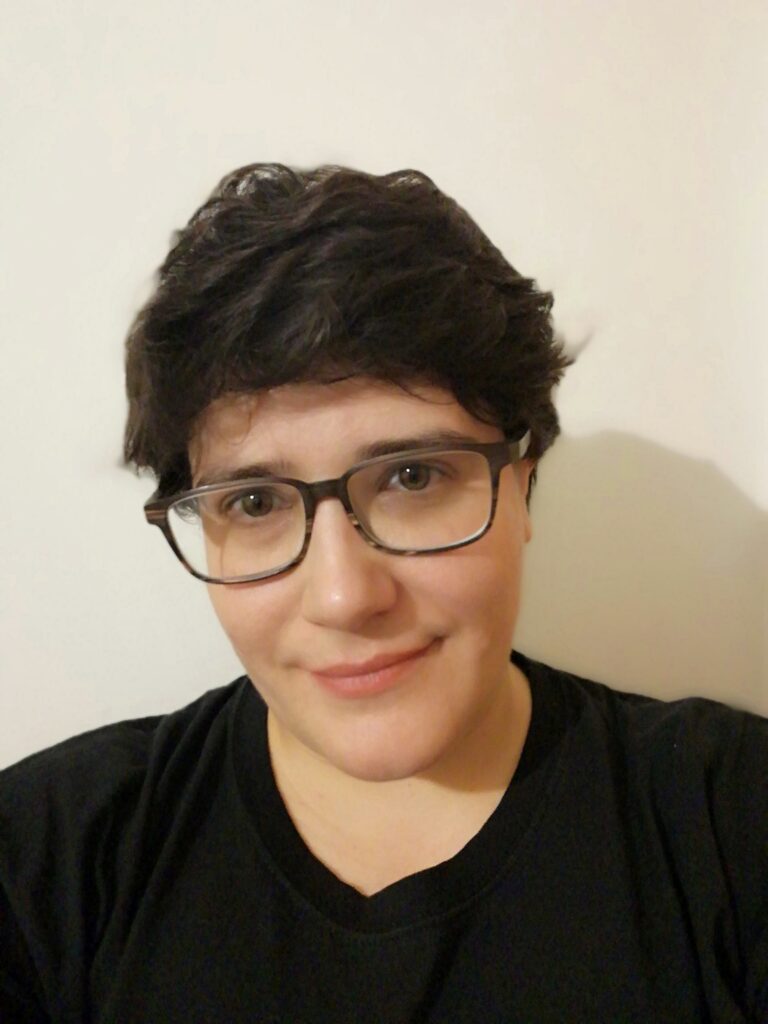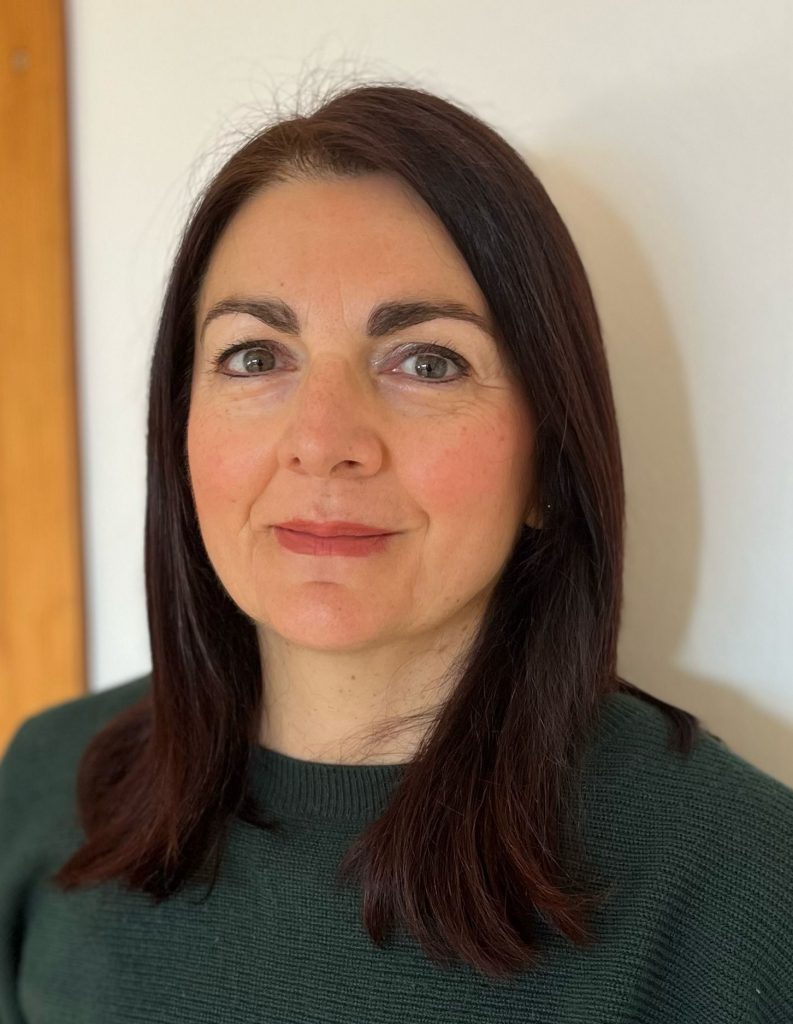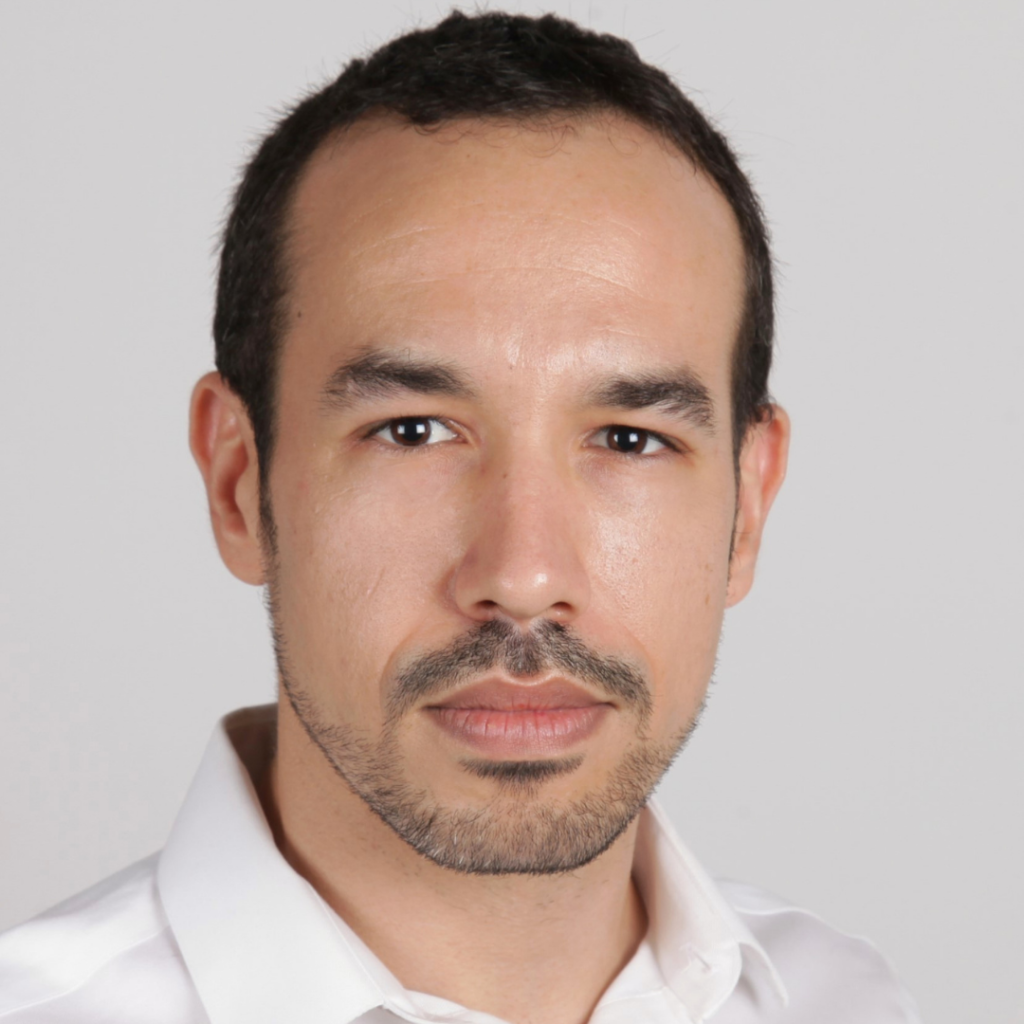MetabERN
Governance
Network Structure
MetabERN is one of the 24 European Reference Networks (ERNs) established by the European Comission in 2017 to facilitate access to the best available care and address the needs across the border for all patients affected by inherited metabolic rare diseases (IMDs) and their families.
The network involves 94 Health Care Providers from the EU and the UK and over 3000 medical professionals and collaborates with over 39 patient associations. It aims at providing EU-wide services focused at improving the quality of life of over 80.000 patients and their families.
The principal decision-making body is the MetabERN Board, which is the general assembly of representatives from all Healthcare Providers, patient groups and other third-party stakeholders involved in the activities of the network. The Board gathers once a year to discuss the activities and the strategic directions of the network.
The Coordinator, assisted by the Medical Executive Committee (MEC) composed of the Subnetwork (SNW) Leaders and 2 Patient representatives, supports and facilitates the coordination within and outside the network. The MEC holds the strategic responsibility for the network’s activities and ensures its long-term sustainability. It consists of the network Coordinator, the leaders of the subnetworks and the chairs of the horizontal work packages. The MEC consults both the MetabERN Patient Board and Advisory Board regularly to provide input into the planning and implementation of activities. The Patient Board is assisted by the Patient Manager and by a Medical Liason, a physician who is transferring patients´ needs to the medical HCPs.
The diagram below shows the whole structural organisation of MetabERN.
MetabERN subnetworks
MetabERN has also been subdivided into 7 subnetworks (disease-specific sub-groups) as a direct response to the complex and multifaceted nature of IMDs. With over 1400 genetic disorders affecting both children and adults, this structure allows our network to tackle the challenges posed by IMDs with greater efficiency and effectiveness in research and clinical practice.
- Amino and organic acids-related disorders (AOA)
- Disorder of pyruvate metabolism, Krebs cycle defects, mitochondrial oxidative phosphorylation disorders, disorders of thiamine transport and metabolism (PM-MD)
- Carbohydrate, fatty acid oxidation and ketone bodies disorders (C-FAO)
- Lysosomal storage disorders (LSD)
- Peroxisomal disorders (PD)
- Congenital disorders of glycosylation and disorders of intracellular trafficking (CDG)
- Disorders of neuromodulators and other small molecules (NOMS)
Each member of MetabERN holds a role in one or several of the identified governance bodies, including the MetabERN Board (all members) as well as at least one of the disease-specific sub-groups and at least one of the thematic committees spanning all disease-specific sub-groups, in which professionals and patient/family associations will collaborate within the specific disease group/disease but also to transversal programs common to all subnetworks.
Our Consortium
Azienda Sanitaria Universitaria Friuli Centrale (ASUFC) is the main beneficiary and acts as the Coordinator of MetabERN. Under the guidance of Prof. Maurizio Scarpa, the Coordination Team at ASUFC has extensive experience in managing the network and overseeing all of its operations, both from a technical and financial point of view.
Prof. Stefan Kölker’s team at the University Hospital of Heidelberg (UKHD) has been involved, as beneficiary, in the creation and implementation of the U-IMD registry since its very beginning. U-IMD is the Unified Registry for Inherited Metabolic Disorders (IMD) and its overall aim is to promote health for children, adolescents and adults with such diseases. University Hospital of Heidelberg is also responsible for WP5 on Registries and Data Management.
The University Hospital of Antwerp (UZA), and in particular the group of Prof. François Eyskens, is also a beneficiary. Besides leading the Center of Metabolic Diseases of Antwerp, during the past 6 years Prof. Eysken had a major role in developing the education programme (DCTEP) and in promoting the Exchange Programme together with MetabERN Coordination Team. As such, UZA and Prof. Eysken’s team are coordinating WP6 on Training and Education.
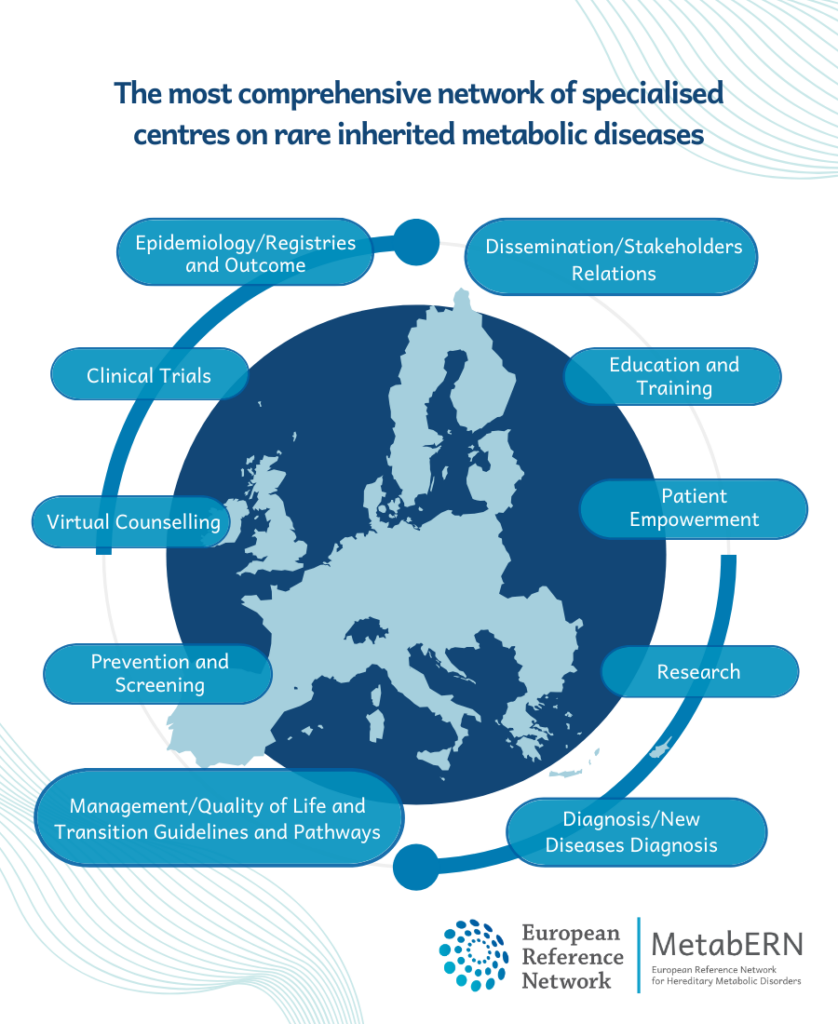
Dr. Carlo Dionisi-Vici is head of the Metabolic Disease Division at the Bambino Gesù Children’s Research Hospital (OPBG) in Rome. His work focuses on the development of guidelines and new diagnostic tools based on biomarker analysis. Indeed, his support has been crucial to create a number of MetabERN clinical guidelines available today. Leveraging on this experience, the OPBG team co-leads WP7 on Clinical Practice Guideline and Clinical Decision Support Tools.
Dr. Terry Derks, consultant paediatrician of the University Medical Center Groningen (UMCG), co-leads WP7 as a new beneficiary. He has supported the creation of IMD clinical pathways and guidelines in the past and was also instrumental in the implementation of the online tool Metabolic Emergency Protocol, which allows patients with IMDs causing fasting intolerance and experiencing acute metabolic decompensations to obtain an emergency letter in a fast and easy way. Dr. Terry’s contribution will be crucial for the development of new emergency protocols for IMDs to be adopted by EU HCPs as safety protocol to prevent life-threatening events.
All the beneficiaries of the consortium have worked together in the past and have a successful experience of collaboration. The roles and responsibilities of each beneficiary have been discussed and agreed, creating a shared programme for future work.
To ensure appropriate collaboration between all the beneficiaries of the consortium for the period 2023-2027, and to ensure that objectives are reached on-time and on-budget, regular on-line meetings are organised to share updates on the progress made, make shared decisions and solve eventual issues.
Work Packages
Work Packages (WP) represent the backbone of MetabERN. They are fundamental to break down the project into smaller steps, in order to simplify and subdivide the activities and objectives of the network. Work Packages cover different aspects of the project, all crucial to guarantee its success.
Work Package 1:
Project management and coordination
MetabERN is a complex network that integrates members and patient organizations, so it requires accurate coordination of its activities. A good management of the network is achieved through regular meetings and constant exchange between subnetwork representatives, healthcare providers and patients. European Commission (EC) and other stakeholders are of crucial importance to guarantee progresses in MetabERN’s activities.

Maurizio Scarpa
CoordinatorDirector, Coordinating Center for Rare Diseases, Azienda Sanitaria Universitaria Friuli Centrale, Udine, Italy
Work Package 2:
Dissemination
Dissemination promotes knowledge in the field of Inherited Metabolic Disorders (IMDs) to support MetabERN activities and to engage with a broad audience. Different communication channels are used to reach out to healthcare providers and medical community but also to patients and their caregivers. Thanks to dissemination, MetabERN can increase awareness on rare metabolic disorders and create extra opportunities for patients and for the advancement of scientific research.

Maurizio Scarpa
CoordinatorDirector, Coordinating Center for Rare Diseases, Azienda Sanitaria Universitaria Friuli Centrale, Udine, Italy
Work Package 3:
Evaluation
MetabERN activities undergo an internal evaluation and monitoring process to understand what has been done and what could have been done better. Additionally, patients and members’ satisfaction are taken in great consideration through surveys to rate the quality of patient care. Clinical units involved in the network are also evaluated to assess their performance and contributions to the ERN.

Maurizio Scarpa
CoordinatorDirector, Coordinating Center for Rare Diseases, Azienda Sanitaria Universitaria Friuli Centrale, Udine, Italy
Work Package 4:
Healthcare and CPMS
Clinical Patient Management System (CPMS) is a platform that enables clinical consultation between members of ERNs and it can improve diagnostic processes and treatment of rare diseases. MetabERN promotes the participation of healthcare professionals to CPMS, involving medical experts that already are part of the network or not. CPMS allows healthcare professionals to upload data regarding patient cases and to exchange medical advice across national borders.

Maurizio Scarpa
CoordinatorDirector, Coordinating Center for Rare Diseases, Azienda Sanitaria Universitaria Friuli Centrale, Udine, Italy
Work Package 5:
Registries, data management and analysis
The Unified European Registry for Inherited Metabolic Disorders (U-IMD) is a key tool for MetabERN and represents the first unified EU registry comprehensive of all metabolic disorders. U-IMD registry is also open to collaborations with HCPs outside of the network. Registries, especially for rare diseases, are fundamental for clinical research, to promote evidence-based personalized medicine and to improve disease classification.

Stefan Kölker
Centre for Pediatric and Adolescent Medicine, University Hospital Heidelberg, Germany
Work Package 6:
Training and Education
A major interest of MetabERN is to develop educational content that could help in training well-rounded medical professional with a deep understanding of IMDs. A Diagnostic, Clinical and Therapeutic Education Programme (DCTEP) has been created to provide participants with skills and knowledge useful for the diagnosis, management, and treatment of patients with rare and complex diseases. New contents and activities are on their way, both online and in presence.

François Eyskens
University Hospital of Antwerp, Center of Inherited Metabolic Diseases, Belgium

Maurizio Scarpa
CoordinatorDirector, Coordinating Center for Rare Diseases, Azienda Sanitaria Universitaria Friuli Centrale, Udine, Italy
Work Package 7:
Clinical Practice Guidelines and Clinical Decision Support Tools
MetabERN is developing new guidelines and clinical pathways for IMDs according to current standard clinical practice guidelines. The network is working on the setup of clinical pathways that cover different issues, including emergency procedures, newborn screenings, transition from paediatric to adult care and lastly palliative care. By providing shared and updated clinical protocols, MetabERN is able to improve diagnostics and treatments and can really have a positive impact on patients with rare diseases.

Carlo Dionisi Vici
Division of Metabolic Diseases, Department of Pediatric Medicine, Bambino Gesù Children’s Research Hospital, Rome, Italy

Terry Derks
University of Groningen UMC Groningen, the Netherlands

Maurizio Scarpa
CoordinatorDirector, Coordinating Center for Rare Diseases, Azienda Sanitaria Universitaria Friuli Centrale, Udine, Italy
Work Package 8:
Capacity building and best practice sharing for Ukrainian competent authorities and healthcare units
MetabERN is aware of the importance of sharing its knowledge with Ukraine: dissemination material, addressed to both patients and healthcare professionals, is translated into Ukrainian language and made accessible to the IMD community based there. Training events on IMDs for medical field professionals are organized in collaboration with the Okhmatdyt Hospital in Kiev.

Maurizio Scarpa
CoordinatorDirector, Coordinating Center for Rare Diseases, Azienda Sanitaria Universitaria Friuli Centrale, Udine, Italy
Work Package 9:
Other activities for Ukrainian competent authorities and healthcare units
MetabERN wants to provide medical support and knowledge to HCPs in Ukraine by including Ukrainian patients in the CPMS (or similar platforms) and by discussing complex IMD cases together. The network advises healthcare professionals on diagnostic, medical and treatment issues. This allows sharing of EU expertise on metabolic disorders to provide optimal care for Ukrainian patients.

Maurizio Scarpa
CoordinatorDirector, Coordinating Center for Rare Diseases, Azienda Sanitaria Universitaria Friuli Centrale, Udine, Italy
Maurizio Scarpa, MD, PhD
CoordinatorDirector, Coordinating Center for Rare Diseases, Azienda Sanitaria Universitaria Friuli Centrale, Udine, Italy
STEFAN KÖLKER, MD
Vice CoordinatorCentre for Pediatric and Adolescent Medicine, University Hospital Heidelberg, Germany
Ans van der Ploeg
Vice CoordinatorCenter for Lysosomal and Metabolic Diseases, Erasmus MC University Hospital Rotterdam, The Netherlands
